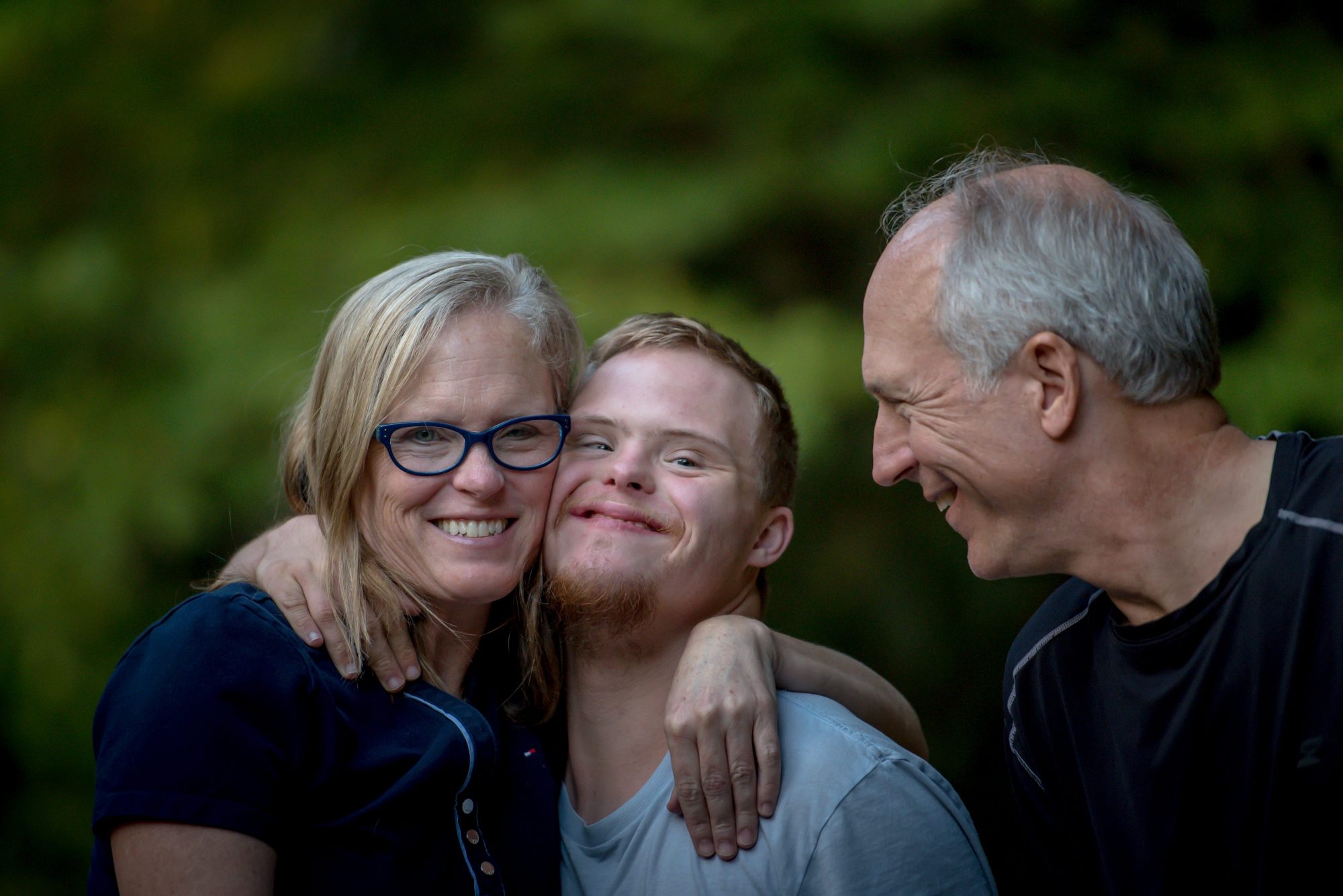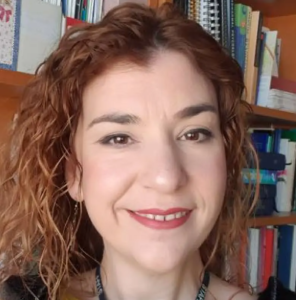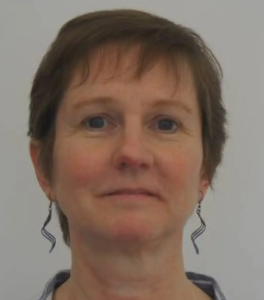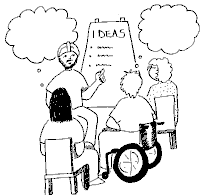Internet Use and Safety for People with Intellectual Disabilities
About the project
 The internet and social media have become a big part of many people’s lives.
The internet and social media have become a big part of many people’s lives.
In this study adults with intellectual disabilities, and the people who support them, have been talking to us about how adults with intellectual disabilities use the internet and social media.
 They have been sharing their stories with us, telling us about the positive things and opportunities people with intellectual disabilities have, when using the internet.
They have been sharing their stories with us, telling us about the positive things and opportunities people with intellectual disabilities have, when using the internet.
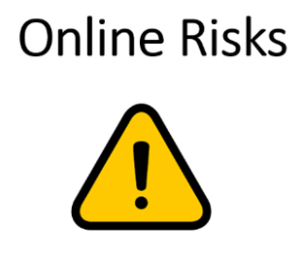 They have also been telling us about the negative parts of the internet and about what might stop or make things more difficult for people with intellectual disabilities to use the internet.
They have also been telling us about the negative parts of the internet and about what might stop or make things more difficult for people with intellectual disabilities to use the internet.
What did we do in the Safer Online Lives study:
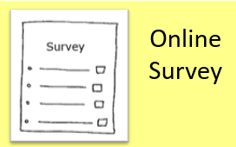 1. We asked adults with intellectual disabilities to fill out a questionnaire about using the internet.
1. We asked adults with intellectual disabilities to fill out a questionnaire about using the internet.
We also asked family carers, safeguarding, and support staff to answer some questions about helping people with intellectual disabilities with using the internet.
 2. We invited adults with intellectual disabilities to talk about their online experiences in more detail.
2. We invited adults with intellectual disabilities to talk about their online experiences in more detail.
We also heard from carers and staff about how they support people with intellectual disabilities with being online.
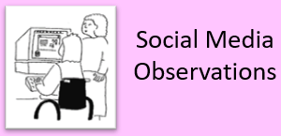 3. We wanted to know more about how people with intellectual disabilities use social media. So, we asked them to tell us more about what they do on social media (Facebook, Twitter (X), and Instagram), and what part social media play in their lives.
3. We wanted to know more about how people with intellectual disabilities use social media. So, we asked them to tell us more about what they do on social media (Facebook, Twitter (X), and Instagram), and what part social media play in their lives.
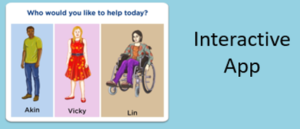 4. We worked with the School of Computing at Kent University to develop a mobile app. We used the app to help us better understand how people with intellectual disabilities do things when online.
4. We worked with the School of Computing at Kent University to develop a mobile app. We used the app to help us better understand how people with intellectual disabilities do things when online.
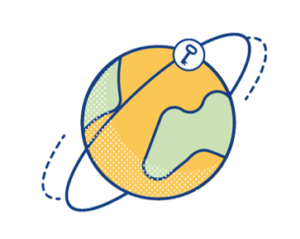 What did we find out in the Safer Online Lives study:
What did we find out in the Safer Online Lives study:
 Majority of adults with intellectual disabilities use the internet every day.
Majority of adults with intellectual disabilities use the internet every day.
 Majority of them use social media, like Facebook or Instagram.
Majority of them use social media, like Facebook or Instagram.
 Most adults with intellectual disabilities feel that the internet is risky. They are hearing a lot of frightening stories about online risks.
Most adults with intellectual disabilities feel that the internet is risky. They are hearing a lot of frightening stories about online risks.
Carers and professionals are also worried about online risks.
 There are some barriers that make it harder for adults with intellectual disabilities to get online – for example, not enough support and training.
There are some barriers that make it harder for adults with intellectual disabilities to get online – for example, not enough support and training.
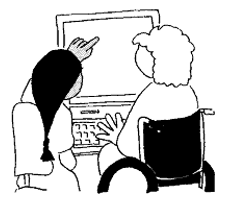 But some people with intellectual disabilities are getting very positive support. This is empowering them to benefit from the online world!
But some people with intellectual disabilities are getting very positive support. This is empowering them to benefit from the online world!
 People can do lots of great things online, like make friends, find out information and share their stories.
People can do lots of great things online, like make friends, find out information and share their stories.
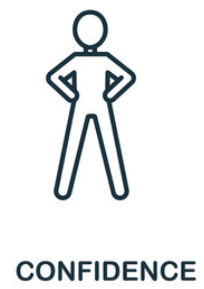 Support to go online safely, can help people with learning disabilities to feel more confident and independent.
Support to go online safely, can help people with learning disabilities to feel more confident and independent.
 The future is online! More and more things nowadays must be done through the internet. People with LD, and carers/staff need to be supported with things moving online.
The future is online! More and more things nowadays must be done through the internet. People with LD, and carers/staff need to be supported with things moving online.
